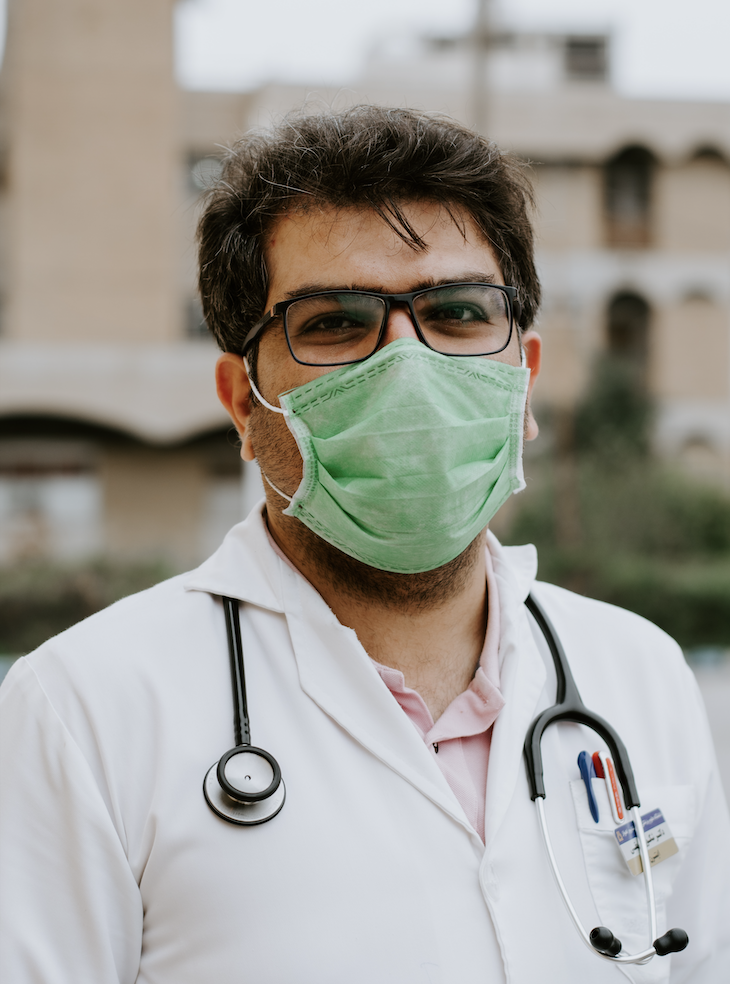Provider Training: Into to Language Access
*This is not a CEU course offering.
This course is Part One of Language Access Trainings.
In 2021, approximately 46 percent (20.8 million) of the 45 million immigrants ages 5 and older were Limited English Proficient (LEP). Immigrants accounted for 80 percent of the country’s 25.9 million LEP individuals. (Migration Policy March 2023). This population is less able to access health care and is at higher risk of adverse health outcomes. Title VI of the Civil Rights Act and Section 1557 mandate that interpreter services be provided for patients with limited English proficiency. This virtual course will be lecture-based and will review the role and responsibilities of professional healthcare interpreting and the legal risks of working with non-certified/qualified interpreters. Professional interpreters are superior to working with ad hoc interpreters (i.e., family, friends, or untrained staff). The course will cover national and state standards of practice, laws, ethics, and COVID-19 for healthcare providers working with healthcare interpreters.
PRO TIP: Allow yourself 1 hour and 20 minutes to watch the entire video in one sitting to more easily receive your certificate upon completion.
This course is Part One of Language Access Trainings.
In 2021, approximately 46 percent (20.8 million) of the 45 million immigrants ages 5 and older were Limited English Proficient (LEP). Immigrants accounted for 80 percent of the country’s 25.9 million LEP individuals. (Migration Policy March 2023). This population is less able to access health care and is at higher risk of adverse health outcomes. Title VI of the Civil Rights Act and Section 1557 mandate that interpreter services be provided for patients with limited English proficiency. This virtual course will be lecture-based and will review the role and responsibilities of professional healthcare interpreting and the legal risks of working with non-certified/qualified interpreters. Professional interpreters are superior to working with ad hoc interpreters (i.e., family, friends, or untrained staff). The course will cover national and state standards of practice, laws, ethics, and COVID-19 for healthcare providers working with healthcare interpreters.
PRO TIP: Allow yourself 1 hour and 20 minutes to watch the entire video in one sitting to more easily receive your certificate upon completion.


